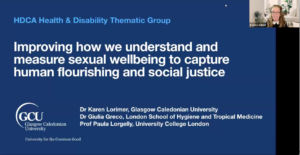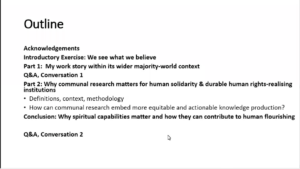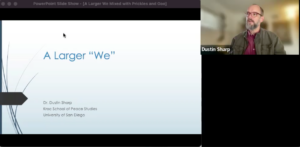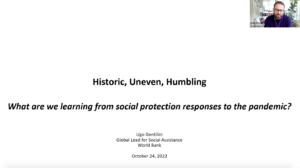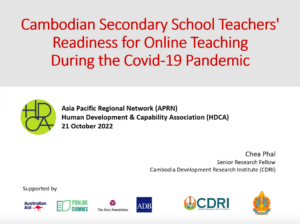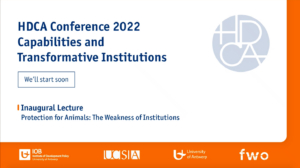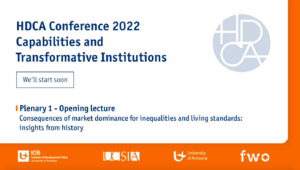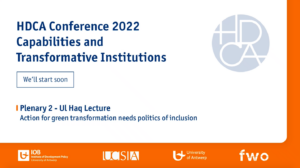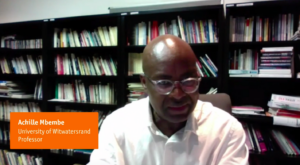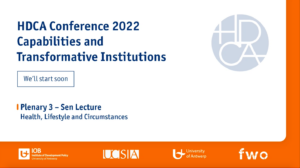Presentation by Dr Karen Lorimer
Co-Coordinator, HDCA Thematic Group on Gender and Sexuality
Dr Karen Lorimer (BA (Hons), MPhil, PhD, PGCAP, FHEA) is a Reader in Social Science and Health, in the School of Health & Life Sciences at Glasgow Caledonian University in Scotland. She is a sociologist, interested in sexual health, sexual wellbeing, capability approach and gender-based violence. She currently leads a British Academy/Leverhulme project on working class women and sexual violence.
Karen is an active member of the Gender Research and Equalities Network at GCU. She is a member of the Scottish Parliament Cross-Party Group on Sexual Health and Blood Borne Viruses, and is a member of the Scottish Government’s National Monitoring and Research Group (NMRG).
HDCA Webinar 2023 Gender and Sexuality Health and Disability HDCA Videos
